All speakers at the OHDSI Sweden Symposium 2025
We are happy to offer you an opportunity to listen to this impressive list of national and international leaders, all volunteering to share their experiences, cases, good practices, insights and recommendations with regards to OMOP. They all want to see Sweden join the global movement making better use of the world's assets of observational health data with the help of OMOP and the global OHDSI network with its assets and talents.
Location
Life City, Solnavägen 3H, Solna and online (link will be provided after registration)
Date: November 5, 2025, 09:00-17:15, after-event mingle 17:15-18:00
Event type: Hybrid
Limited spots available at GoCo Health Innovation City in Gothenburg. Please contact Lars Lindsköld via email.
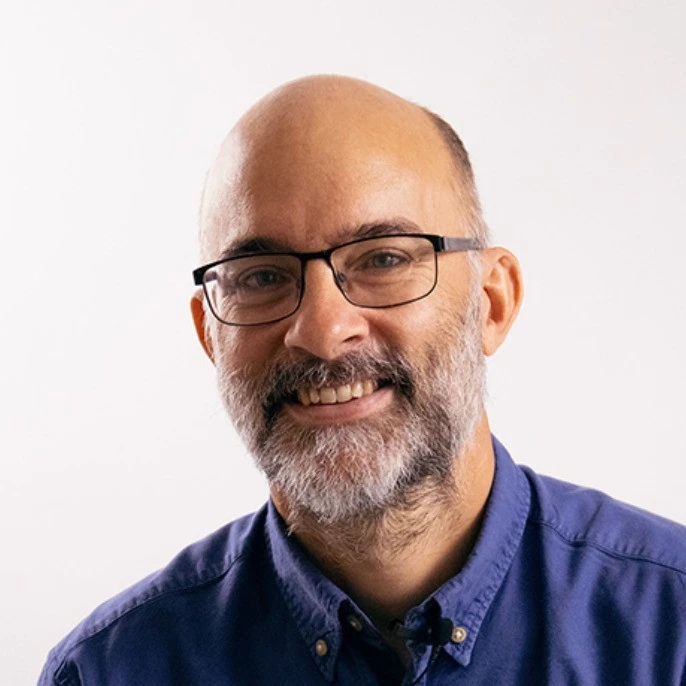
Christian Högberg
Principal event host and moderatorChristian MSc is an entrepreneur and leader with a passion for data-driven improvement. He has a strong focus on enabling standardization of Swedish observational health data towards the international standard OMOP, enabling the use of health data in a much more efficient and effective way in research, clinical development, innovation, and policy development.
Topic: OMOP 4 Sweden! – Join the movement aiming to improve the conditions for increasing and accelerating the use of the international data model OMOP in Sweden.
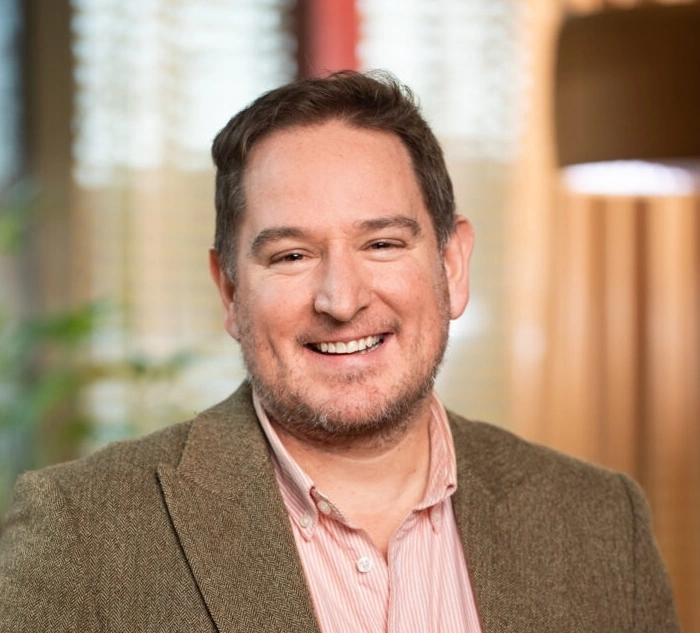
Jordan Kane
Jordan Kane earned his PhD by characterising the molecular genetics of a rare disease. He has worked in the life science industry in licensing, partnerships, investments and product development. Jordan has seven years of experience supporting the design and implementation of health data analytics platforms and networks in Asia and Europe. This is when he discovered the OMOP Common Data Model, its power and potential.
Topic: What is OMOP and OHDSI?
Panel session: The Swedish Health Data Ecosystem – What could more access to, and use of standardized health data mean for Sweden, its national life science strategy and our strategic initiatives?
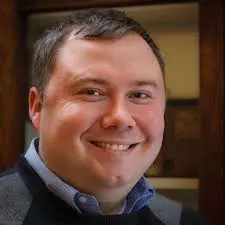
Patrick Ryan
Patrick Ryan PhD is Vice President, Observational Health Data Analytics at Janssen Research and Development, where he is leading efforts to develop and apply analysis methods to better understand the real-world effects of medical products. He is an original collaborator in Observational Health Data Sciences and Informatics (OHDSI), a multi-stakeholder, interdisciplinary collaborative to create open-source solutions that bring out the value of observational health data through large-scale analytics.
He is also Assistant Professor, Department of Biomedical Informatics at the Columbia University.
Topic: The Journey of OHDSI: Where have we been and where can we go together?
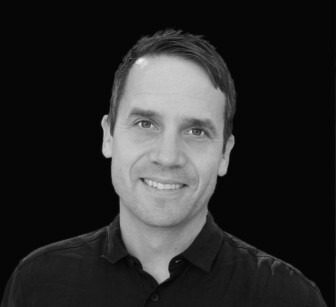
Niklas Norén
Niklas Norén is the Chief Scientific officer at Uppsala Monitoring Center. He leads its research function since 2009. Niklas has held leadership roles in several international collaborative projects, and his research on duplicate detection and subgroup discovery has been internationally awarded.
He has published more than 60 articles in peer-reviewed scientific journals and conferences, mainly on machine learning and statistical pattern discovery in observational medical data.
Topic: How Real World Evidence can support pharmacovigilance signal management, and OMOP’s role in removing barriers.
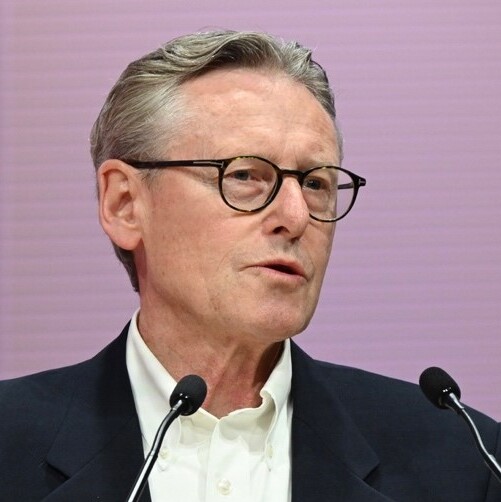
Mats Sundgren
Mats Sundgren PhD MSc is a distinguished authority in Health Data Strategy, serving both industry and academia. With an impressive career spanning over 37 years in the pharmaceutical industry, Mats has made significant contributions across various domains, including Discovery, Development, Manufacturing, IT R&D, Patents, Clinical Science, and Data Science & AI. Mats has an extensive portfolio of work, including over 80 publications, books, and patents in Life Science, Economics, and Social Science.
His areas of expertise encompass Health Data Science & AI, Clinical Science, Clinical Trials Management, Business Modelling, Innovation & Creativity Management, and Device Development.
Topic: TBD
Panel session: The Swedish Health Data Ecosystem – What could more access to, and use of standardized health data mean for Sweden, its national life science strategy and our strategic initiatives?
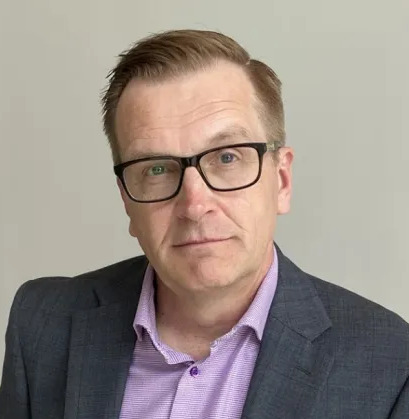
Kimmo Porkka
Professor Kimmo Porkka MD PhD is a leading Finnish physician-scientist specializing in hematology and personalized cancer medicine, particularly acute leukemias. He is a Professor of Personalized Cancer Medicine at iCAN Digital Precision Cancer Medicine Flagship, University of Helsinki.
Among his major contributions are developing translational and clinical studies of targeted therapies, leading the Finnish Hematology Registry and Biobank, and directing projects that integrate deep profiling, data harmonization (including work with hospital datalakes), diagnostics automation, AI tools, and OMOP-modelled data in tumour board decision support. Professor Porkka has more than 100 original publications in international peer reviewed journals.
Topic: Setting up a national health data harmonization infrastructure - lessons from FinOMOP
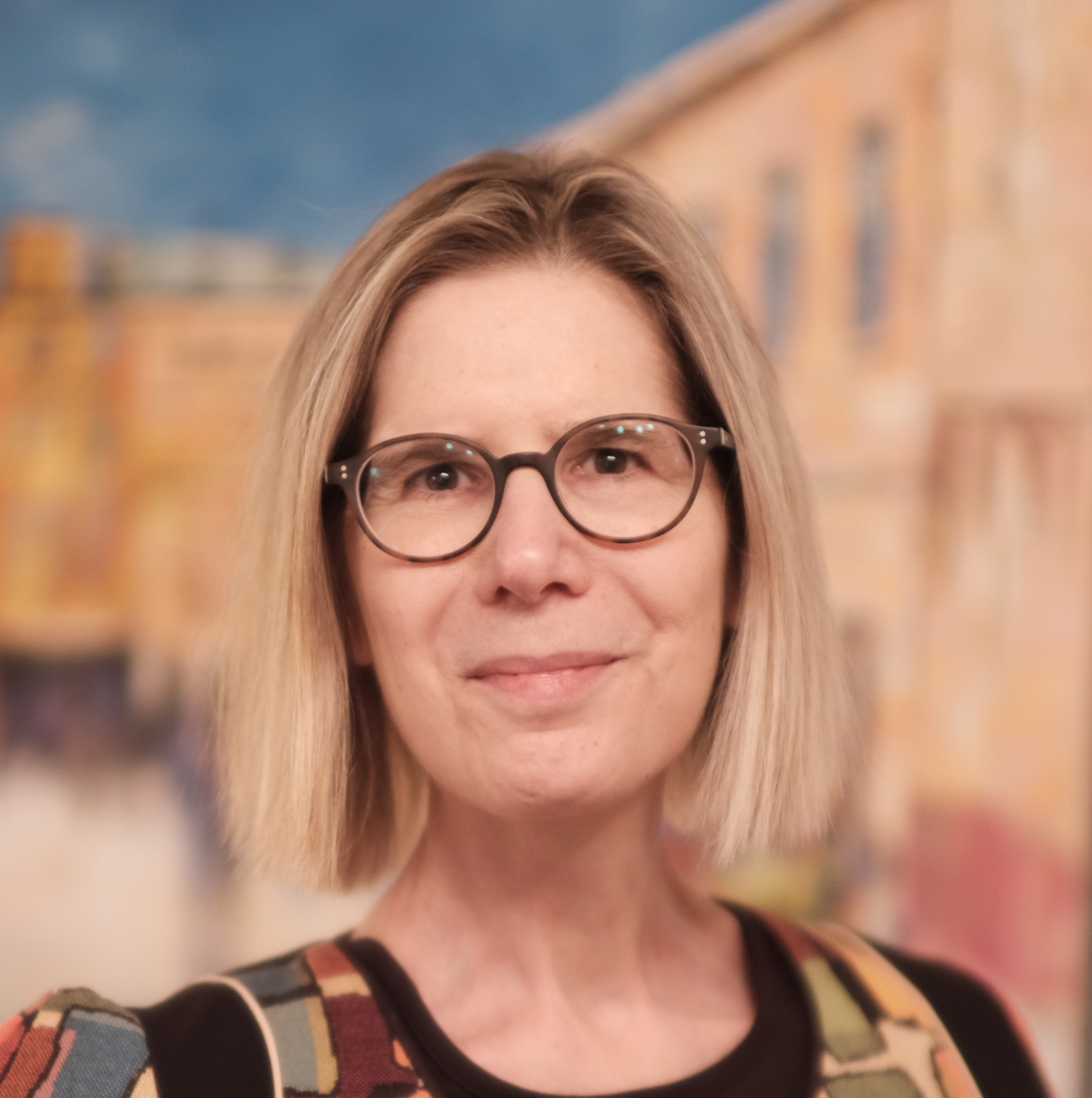
Sabine Koch
Sabine Koch PhD MSc is a Strategic Professor of Health Informatics at Karolinska Institutet, where she also serves as the Head of the Department of Learning, Informatics, Management and Ethics (LIME) and the Director of the Health Informatics Centre (HIC).
Her research focuses on health informatics, particularly patient-centered information systems and decision support systems to improve integrated care and self-management.
Topic: OMOP in the international health informatics landscape - Is OMOP another important piece in the jigsaw-puzzle of international health data standards?
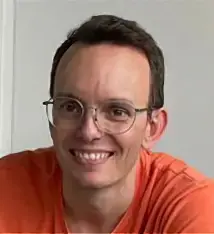
Eric Fey
Eric Fey is an AI/Data Science expert and researcher in the field of digital precision cancer medicine (the iCAN project) at the University of Helsinki and Helsinki University Hospital (HUS). He has a PhD in Engineering Sciences, specialized in systems biology with a focus on parameter identification.
He leads groundbreaking work on AI, machine learning, and federated/swarm learning across Finland’s largest university hospitals. Actively involved in transforming hospital data into standardized OMOP format. He co-leads the national OHDSI node for Finland.
Panel session: What can Sweden learn from other nations? OHDSI Finland
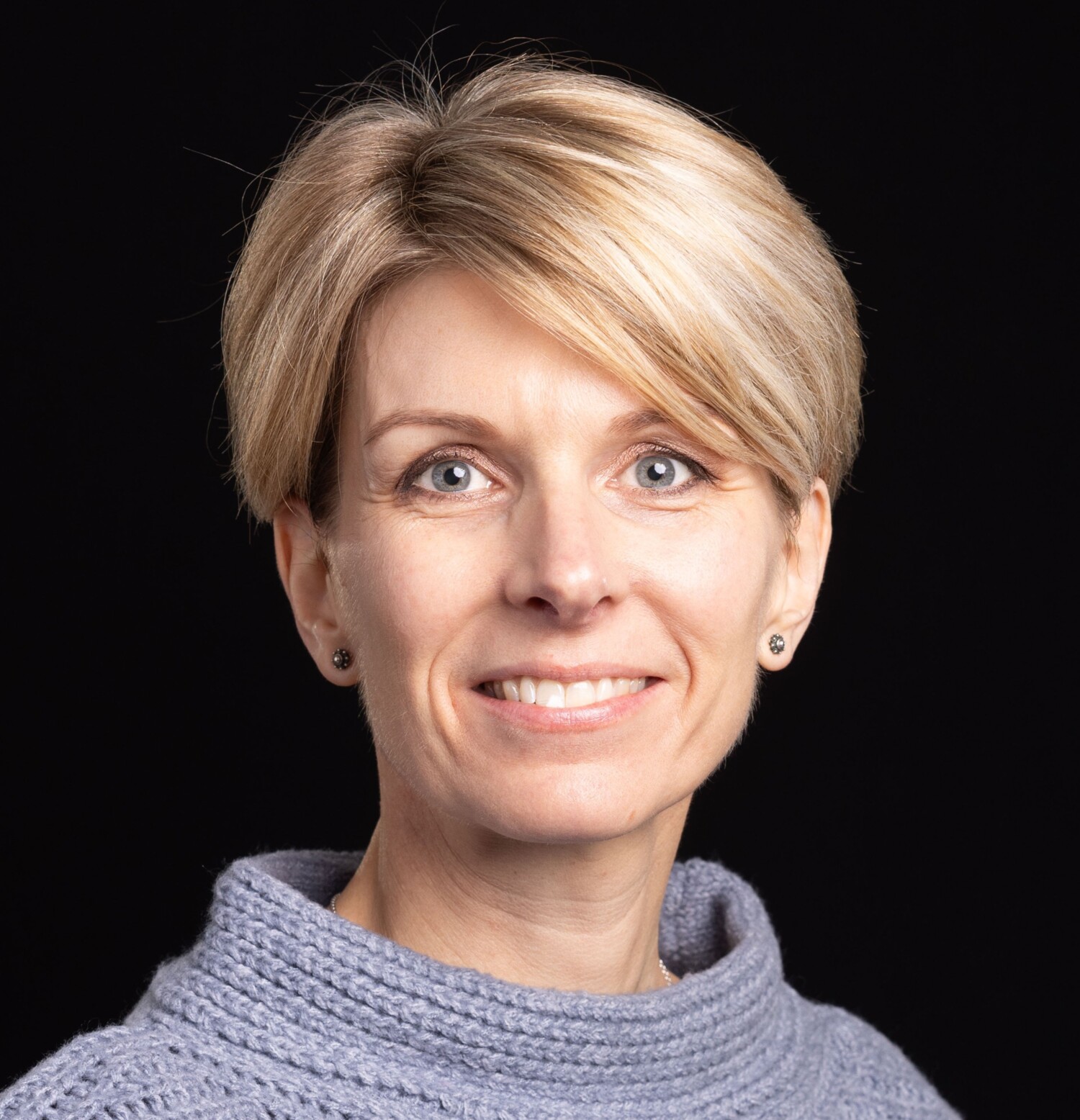
Renske Los
Renske Los PhD MSc is an Assistant Professor of Medical Informatics at Erasmus MC, a Dutch medical center. Her research focuses on data standardization for observational research and the secondary use of health data. As the co-lead of OHDSI Netherlands and the EU National Nodes Coordinator for OHDSI Europe, she is playing a key role in promoting the OMOP Common Data Model to standardize and improve health data use for research and clinical outcomes.
Topic: What is OMOP and OHDSI?
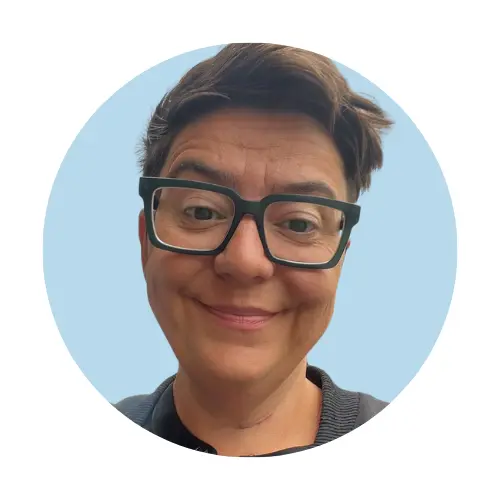
Ilse Vermeulen
Ilse is a bioengineer in cell and gene biotechnology with a PhD in Medical Sciences. She works as a Project Manager at the University of Hasselt, in the Department of Biomedical Data Sciences. She is also National Node Manager of OHDSI Belgium.
She has worked on prediction models and epidemiological studies and over the years built extensive experience in processing real-world health/clinical data and converting such data into real-world evidence.
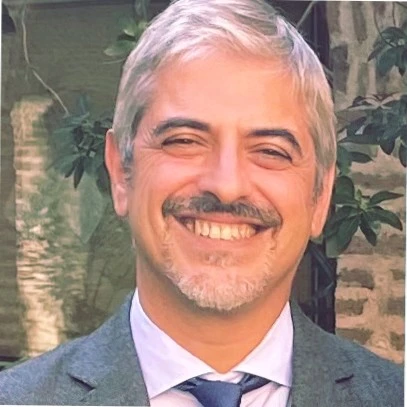
Carlos Díaz
Carlos Díaz is the CEO of SYNAPSE Research Management Partners, a project management company based in Spain specialize in managing complex biomedical and health data research projects, particularly public-private partnerships in Europe. Synapse was a core partner in EHDEN (European Health Data & Evidence Network) from its early definition.
Carlos Díaz co-led EHDEN Work Package 6 (Sustainability) and Work Package 7 (Project Mgmt.).
Topic: What is the European Health Data and Evidence Network (EHDEN) project and the newly founded EHDEN Foundation, and how can Sweden leverage the success of EHDEN.
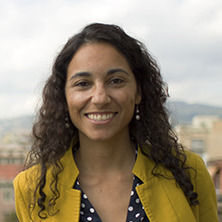
Talita Duarte-Salles
Talita Duarte-Salles, PhD and Master in Public Health, is an epidemiologist leading real-world evidence research at IDIAPJGol in Barcelona and assistant professor at Erasmus MC in Rotterdam.
She specializes in using large healthcare databases mapped to the OMOP Common Data Model and contributes to international initiatives like OHDSI and DARWIN EU, advancing federated, data-driven health research across Europe."
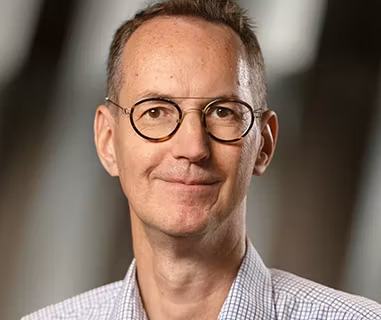
Rickard Ljung
Rickard Ljung is a professor and physician (medical doctor, MD) specialized in epidemiology, public health and pharmacoepidemiology. He is currently Head of the Unit for Pharmacoepidemiology and Analyses at the Swedish Medical Products Agency, focusing on analyzing large‐scale register data and spontaneous adverse event reports to monitor drug effectiveness, safety, and use in real world settings.
He is affiliated with Karolinska Institutet as an adjunct professor in pharmacoepidemiology.
Topic: The voices, experiences and recommendations from Sweden’s early OMOP adopters.
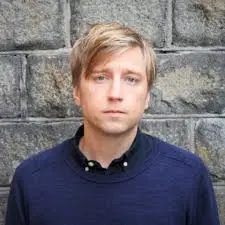
Jonas Wastesson
Jonas Wastesson PhD is a Senior Research Specialist and academic researcher at the Karolinska Institutet (KI) in Sweden, specializing in epidemiology and biostatistics. His research focuses on medication use, particularly among older adults, and the use of health and social services by the elderly.
He is affiliated with the Aging Research Center (ARC) and the SWEOLD research group within the Department of Medical Epidemiology and Biostatistics at KI.
Topic: The voices, experiences and recommendations from Sweden’s early OMOP adopters.
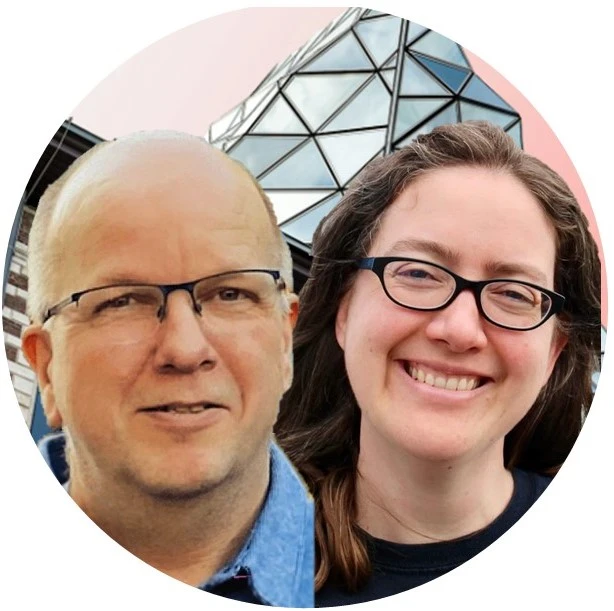
Freija Descamps & Lars Halvorsen
Freija and Lars are Co-founders and Managing Partners of edenceHealth NV, a Belgian SME specialize in providing IT services for Real World Data and Real World Evidence projects: data harmonization, ETL to common data models (notably OMOP CDM), deploying infrastructure and tools around health data analytics, and training. Having participated in 30+ OMOP-related projects (e.g. EHDEN, LAISDAR, DigiONE Oncology Network, ECRAID-Base POS-VAP), harmonizing 70M+ patient records across Europe and Africa, they are now among the most experiences persons and SMEs on the topic in Europe.
Topic: Development of HEARTwise Machine Learning framework to predict patient deterioration using existing OMOP CDM NEWS variables.
Panel session: What can Sweden learn from other nations? OHDSI Belgium
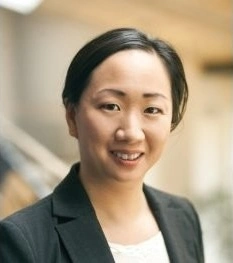
Sofie Gustafsson
Sofie Gustafsson has a background in pharmacy and a PhD in health economics, focusing on Real World Evidence, study design, data sources, data infrastructure development, and external engagement with industry, academia, healthcare providers and patient groups. She has over 15 years of experience in leading RWE projects within the medical field.
Panel session: The Swedish Health Data Ecosystem – What could more access to, and use of standardized health data mean for Sweden, its national life science strategy and our strategic initiatives?
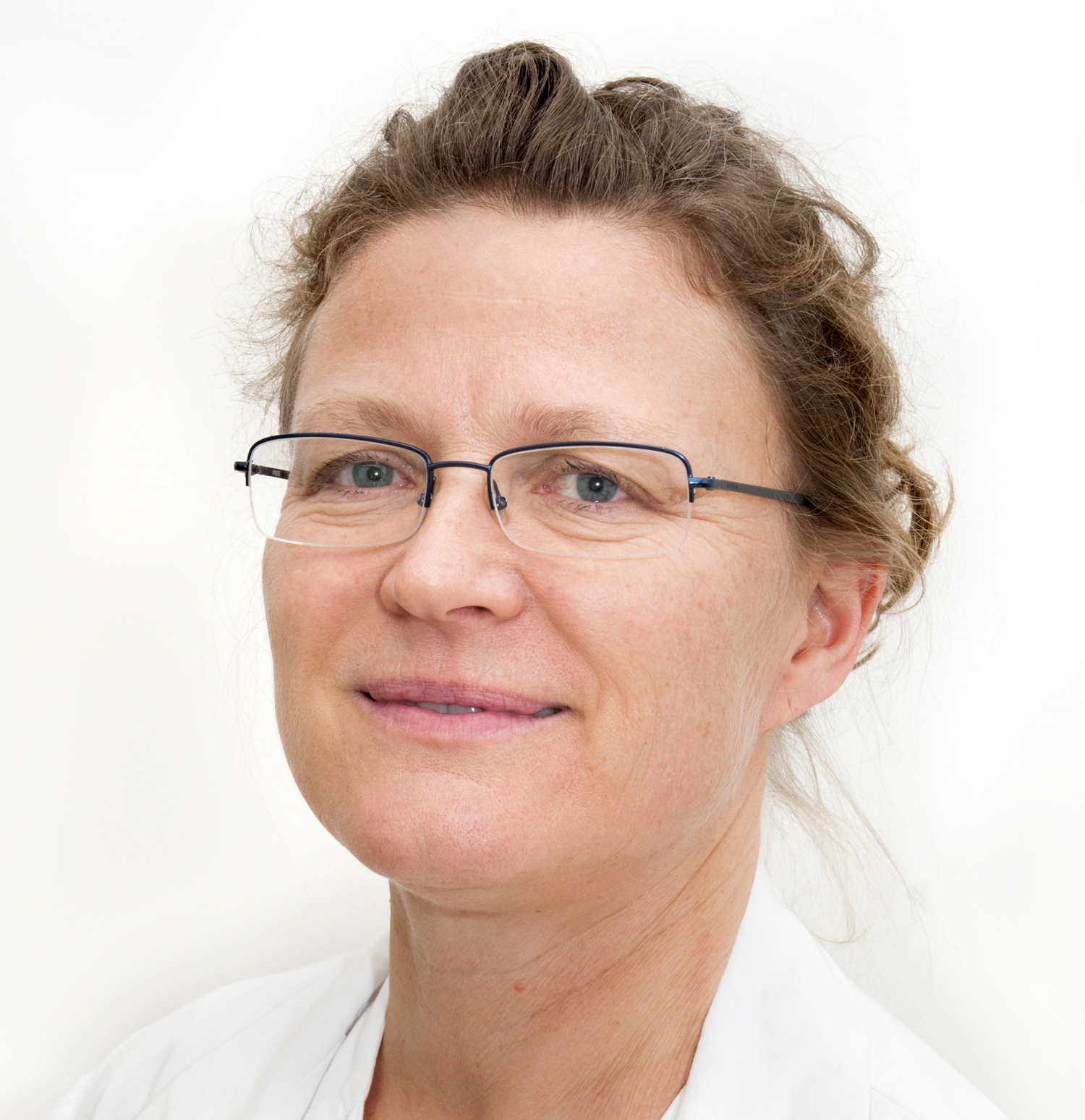
Åslaug Helland
Åslaug Helland MD PhD is Research Director at the OECI-accredited Oslo Comprehensive Cancer Centre. She is an oncologist by training, with expertise in thoracic oncology. She is also Professor at the University of Oslo, Institute of Clinical Medicine.
She leads the research group “Translational research on solid tumours” at the Institute for Cancer Research, Norwegian Radium Hospital (NRH), Oslo, focusing on translational studies on solid tumours, with a special interest in lung cancers and pancreatic cancers.
Topic: Value from Nordic Health Data (VALO) – A Hands-On Case Study of a pan-European Cancer Research Project Using OMOP
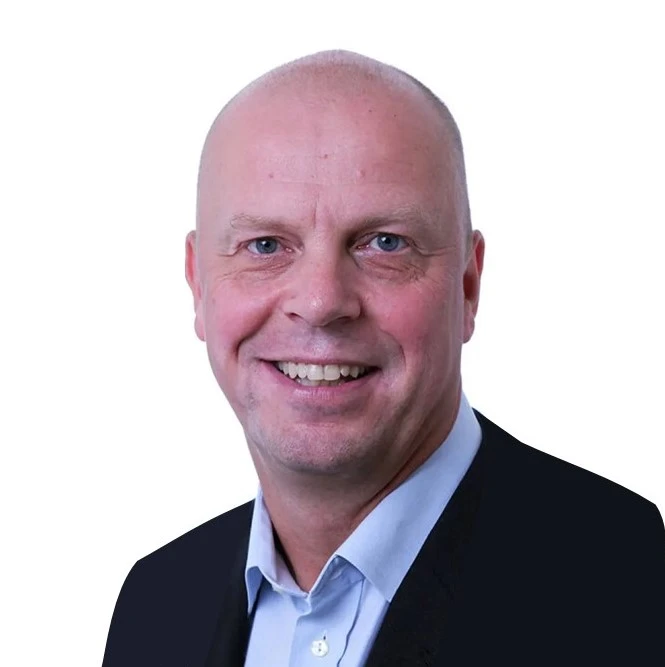
Espen Enerly
Espen Enerly is a researcher at the Cancer Registry of Norway, Norwegian Institute of Public Health, a EHDEN Foundation and DARWIN EU partner. He coordinates the implementation of the OMOP Common Data Model and co-leads the Norwegian national OHDSI node NOR-OMOP. His work focuses on using the OMOP infrastructure for standardized collaborative research initiatives across countries, with a particular emphasis on using OMOP as a framework for delivering tailored aggregated statistics. He also serves as a facilitator for industry collaboration.
Panel session: What can Sweden learn from other nations? OHDSI Norway
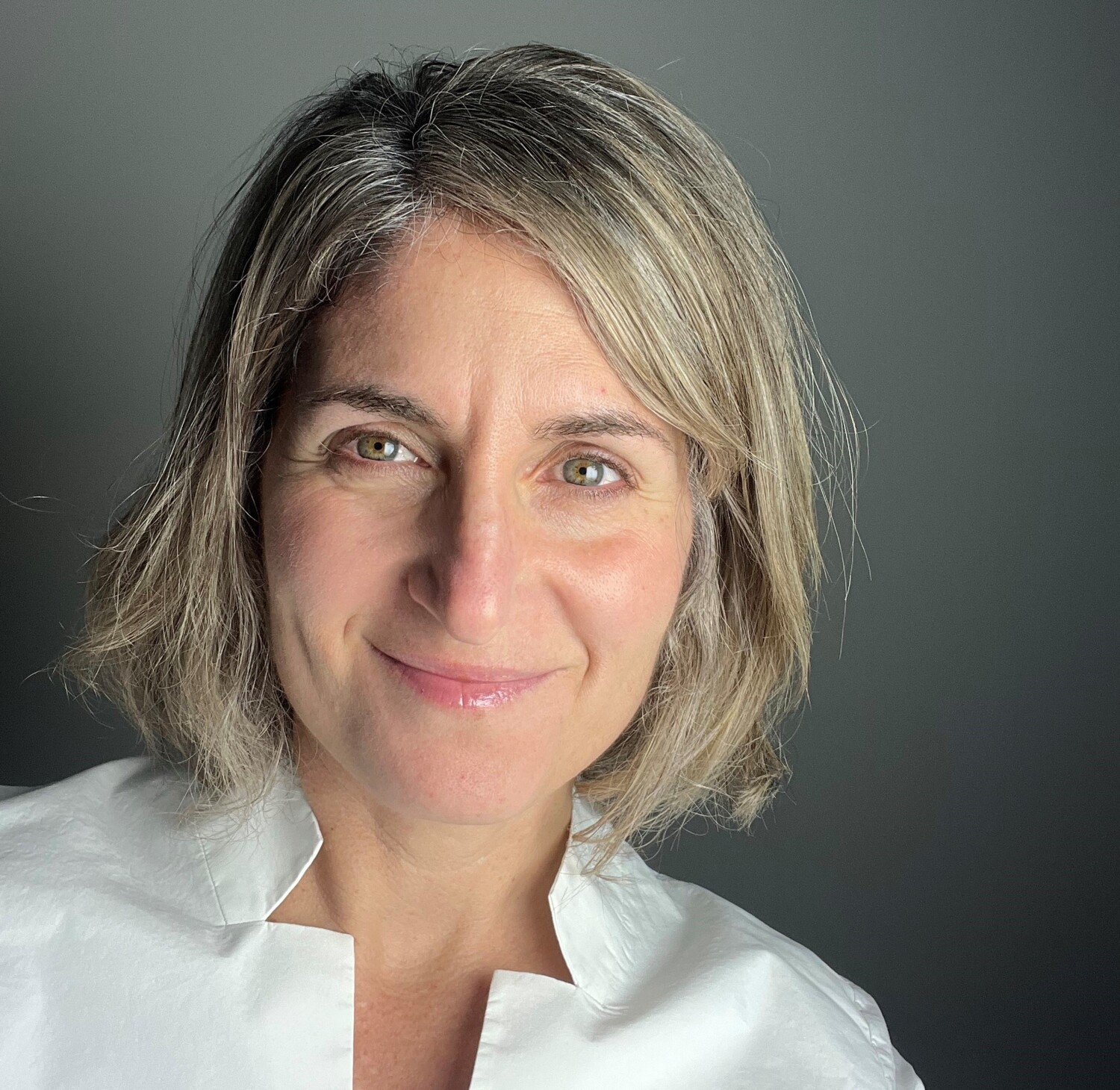
Amy Leval
Amy Leval PhD is an experienced leader with a demonstrated history of working in the innovative medicines industry. Skilled in Epidemiology, Real World Evidence, Outcomes Research, Strategic Portfolio Development. Strong professional with a Doctor of Medical Science, PhD focused on Epidemiology from Karolinska Institutet.
Panel session: The Swedish Health Data Ecosystem – What could more access to, and use of standardized health data mean for Sweden, its national life science strategy and our strategic initiatives?
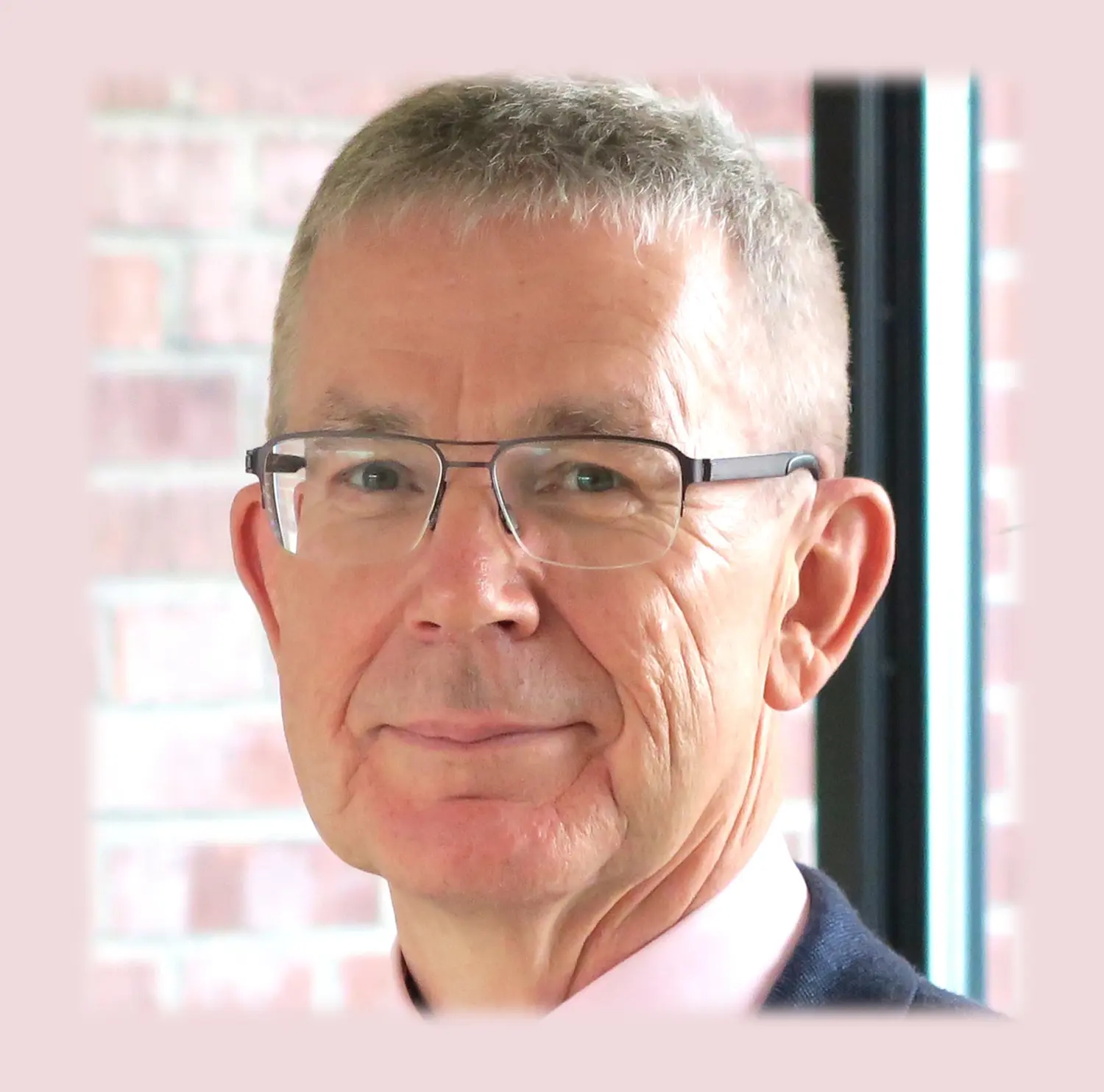
Lars Lindsköld
Dr. Lindsköld is a Swedish medical informatician with a long digitalization experience of Radiology, Pathology, health data and Teledermatology. His research is based on interoperability within big data and AI with a focus on Semantic Interoperability driven by profession. He is currently the President of the European Federation for Medical Informatics and part of the board at the Swedish Federation for Medical Informatics.
He is also engaged in SciLifeLab and Swelife and has had roles in AI Sweden and the Department of Digitalization at Region Västra Götaland. Lars brings wealth of experience from many years of experience in the fields of interoperability, information models, data standards, semantic interoperability, and digital health.
Panel session: The Swedish Health Data Ecosystem – What could more access to, and use of standardized health data mean for Sweden, its national life science strategy and our strategic initiatives?
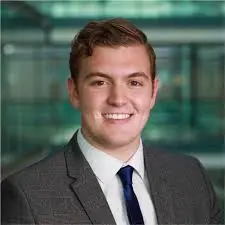
Jake Marshall
Jake is a scholar on the NHS Digital Health Leadership Programme at Imperial College London, recognised among England’s top 100 senior digital change leaders. An award-winning digital health specialist, he focuses on Anglo-Swedish collaboration, including research on secondary use of health data in both countries.
He is active in the Swedish health data ecosystem as a ‘Next Generation Leader’ at the Swedish Chamber of Commerce to the UK and advisor to OMOP 4 Sweden and previously worked as a consultant specialising in digital strategy for healthcare and life sciences.
Topic: A national infrastructure for secondary use of health data, experiences from England.
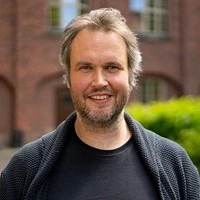
Sebastiaan Meijer
Sebastiaan Meijer is a professor of Health Care Logistics at KTH Royal Institute of Technology, where he is also the head of the Department of Biomedical Engineering and Health Systems and the vice dean for the School of Engineering Sciences in Chemistry, Biotechnology and Health.
He leads research in health informatics and logistics, utilizing simulation and data mining to improve healthcare systems, and has authored over 120 publications.
Panel session: The Swedish Health Data Ecosystem – What could more access to, and use of standardized health data mean for Sweden, its national life science strategy and our strategic initiatives?
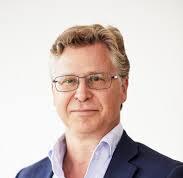
Michel Silvestri
Dr. Michel Silvestri is Head of Unit at the Coordination Department of the Swedish eHealth Agency, which according to its government assignment aims to contribute to improved healthcare, social care and the country's health by pursuing the development of national e-health infrastructure and interoperability.
Currently Michel is the national representative in the executive boards of the EU projects X-eHealth and TEHDAS, as well as the Policy Board of the Nordic Health Data Commons project.
Panel session: The Swedish Health Data Ecosystem – What could more access to, and use of standardized health data mean for Sweden, its national life science strategy and our strategic initiatives?
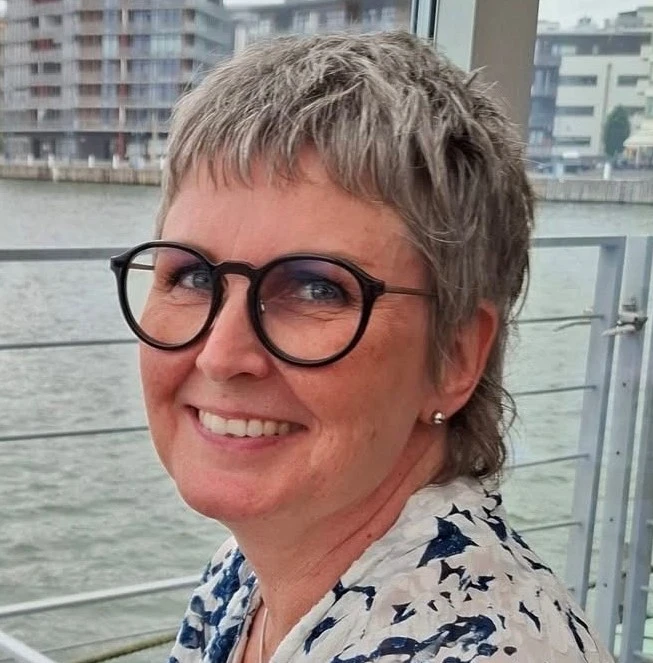
Åsa Skagerhult
Åsa Skagerhult is an operations architect in Region Östergötland. She works with health informatics and focuses on improving user experience in the region. She has experience from companies such as Sigma Technology Group, Cambio Healthcare Systems and Ericsson. She is also recognized for her work with openEHR in Sweden.
Panel session: Is OMOP another important piece in the jigsaw-puzzle of international health data standards?
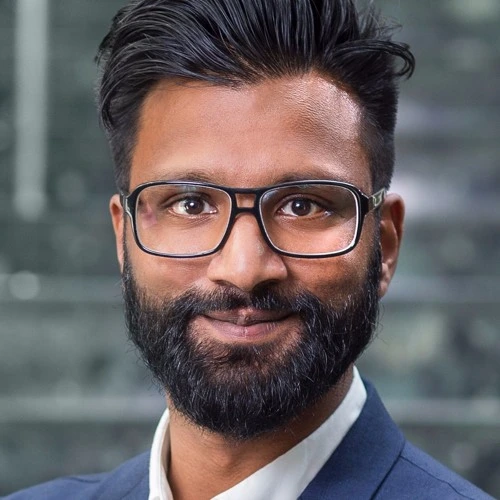
Niklas Eklöf
Niklas is the Head of the eHealth and Informatics Unit, as well as acting Head of the Classifications and Terminology Unit at the National Board of Health and Welfare. Previously also a board member at HL7 Sweden and part of national investigations at the governance office (Regeringskansliet).
Panel session: Is OMOP another important piece in the jigsaw-puzzle of international health data standards?
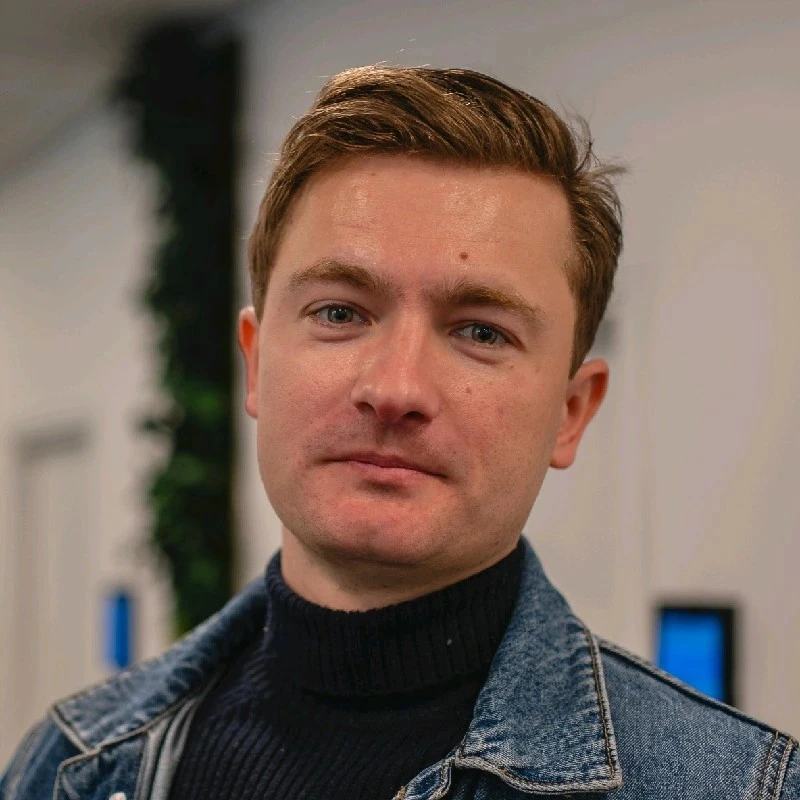
Vadim Peretokin
Vadim Peretokin is a FHIR Expert & Trainer, Software Architect and HL7 Sweden board member.
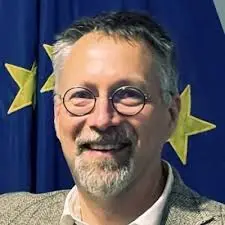
Daniel Karlsson
Daniel Karlsson, PhD in Medical Informatics, is a researcher and informatician at the Swedish eHealth Agency. An expert in health informatics and, hence, frequently consulted and engaged in projects in this field. He has previously worked in the medical informatics field at the National Borad of Health and Welfare.
Panel session: Is OMOP another important piece in the jigsaw-puzzle of international health data standards?
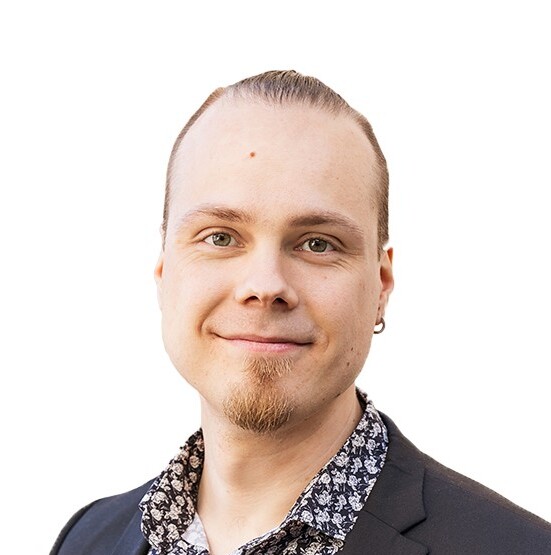
Iiro Toppila
Iiro Toppila is a Data Analysis Lead at Medaffcon with an MSc in Technology, specializing in Bioinformation Technology. He leads a team of data scientists conducting Real-World Evidence (RWE) studies, covering everything from data processing and analysis planning to execution and reporting.
He values interdisciplinary collaboration to ensure analyses align with medical and scientific needs, and is passionate about leveraging large-scale health data, particularly through machine learning and AI, to maximize existing data’s value.
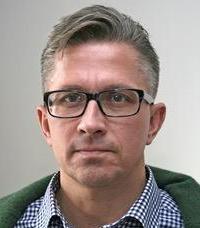
Kristian Bolin
Kristian Bolin holds the chair in health economics at the University of Gothenburg. He has more than 15 years of experience in health-economics research spanning academia, government and industry at a national and international level.
His academic research includes both core economics and health-related research in collaboration with medical researchers.
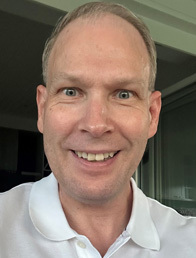
Martin Persson
Martin Persson is a cancer survivor and is - among other things - a Patient Representative in Network against Cancer.
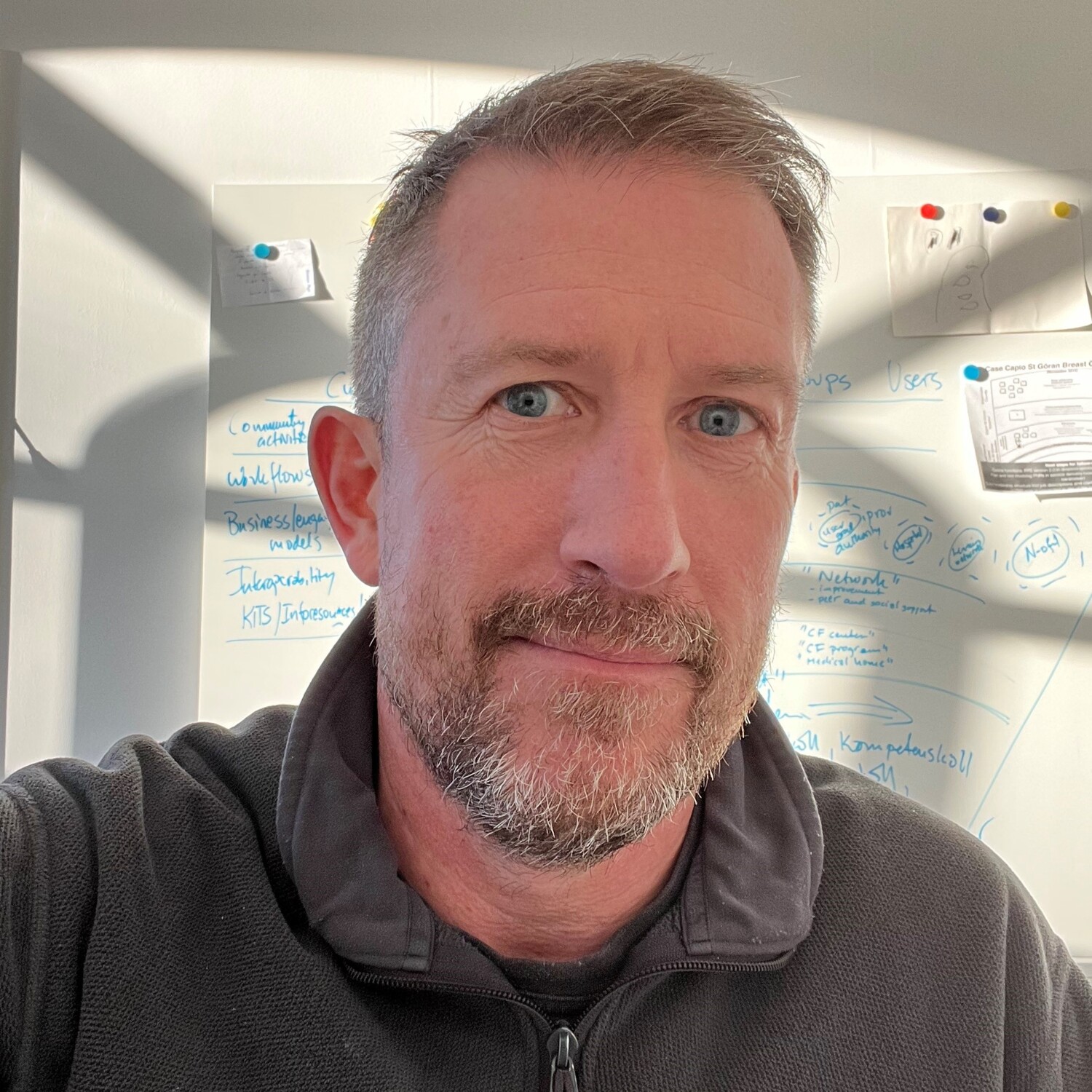
Andreas Hager
Andreas Hager is Innovation Lawyer Digitalization, Karolinska University Hospital & Patient Advocate at Upstream Dream.
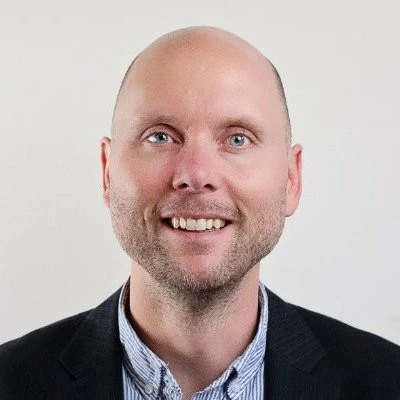
Mikael Nyström
Mikael Nyström is a Principal Informatician within Portfolio Solution Design at Cambio Group.
